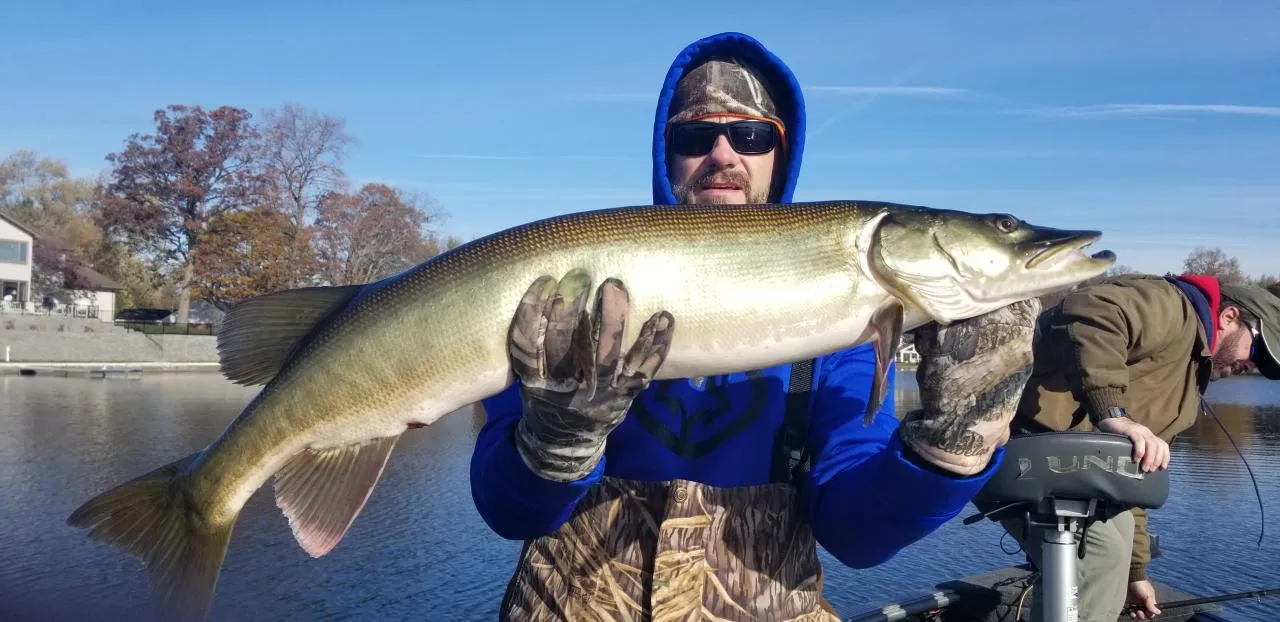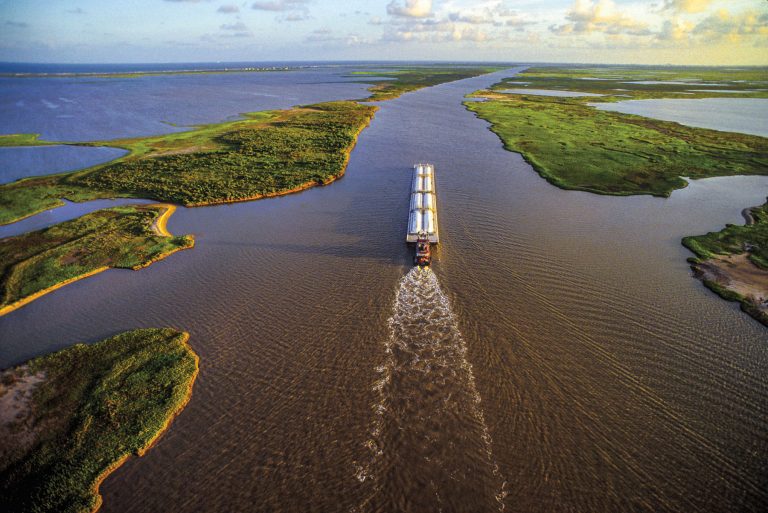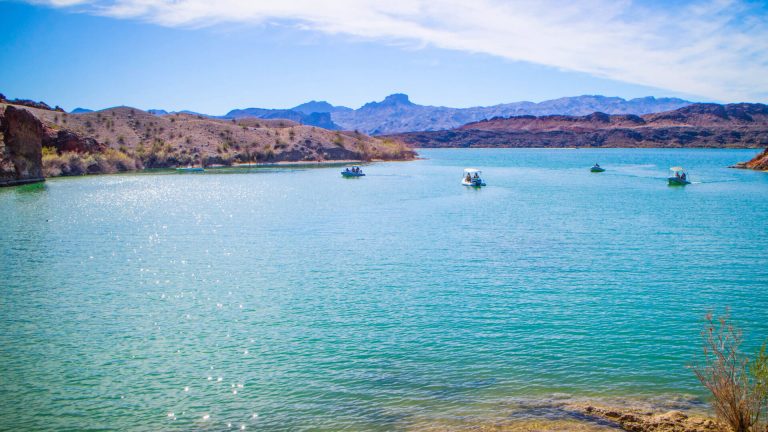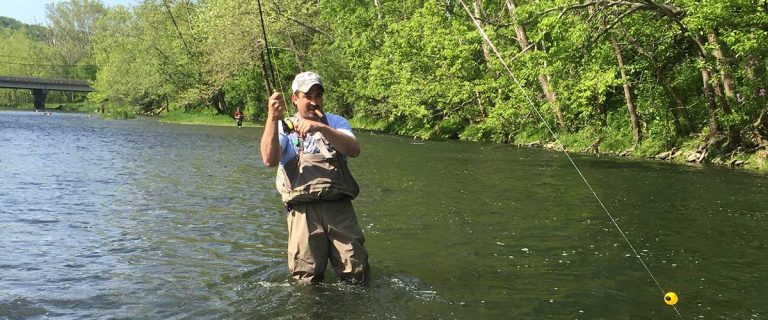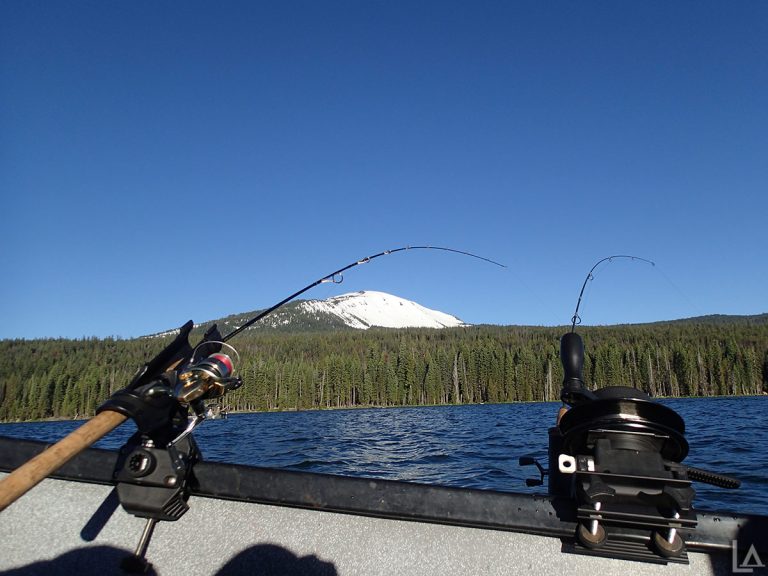Fishing is a cherished pastime for many in Indiana, offering both recreational enjoyment and opportunities for connecting with nature. However, maintaining a valid fishing license is crucial for ensuring that this activity remains legal and sustainable. This comprehensive guide explores the causes and consequences of fishing license suspensions and revocations in Indiana, providing valuable insights for anglers to navigate the regulations effectively.
Quick Facts
| Common Causes of Suspension/Revocation | Consequences |
|---|---|
| Fishing without a valid license | Fines, license suspension, criminal charges |
| Violating bag limits or size restrictions | Fines, license suspension |
| Fishing in restricted areas or during closed seasons | Fines, license suspension |
| Committing multiple or severe violations | Fines, permanent revocation, criminal charges |

For anglers in Indiana, maintaining a valid fishing license is not just a legal requirement but a responsibility towards the environment and fellow fishers. Violations can lead to significant repercussions, including fines and loss of fishing privileges. This guide aims to clarify the common causes of fishing license suspensions and revocations, their consequences, and preventive measures to avoid such situations.
Causes of Fishing License Suspension or Revocation
Fishing licenses in Indiana can be suspended or revoked for various reasons, ranging from minor infractions to serious violations of state regulations. Understanding these causes is essential for every angler.
Fishing Without a Valid License
One of the primary reasons for license suspension or revocation is fishing without a valid license. In Indiana, a fishing license is required for anyone aged 18 or older who wants to fish in public waters, including lakes, rivers, streams, and reservoirs.
- Legal Implications: Fishing without a valid license is considered a violation of state law and can result in fines, license suspension, or even criminal charges, depending on the circumstances.
- Exceptions: There are exceptions to the license requirement, including fishing on private ponds or waters located entirely on one’s own property, as well as certain free fishing days designated by the Indiana Department of Natural Resources (DNR) source.
Violating Bag Limits or Size Restrictions
Indiana has established specific bag limits and size restrictions for different fish species to promote sustainable fishing practices.
- Bag Limits: These refer to the maximum number of fish of a particular species that an angler can legally keep in a single day.
- Size Restrictions: These specify the minimum or maximum length that a fish must be to legally keep or harvest it.
Exceeding these limits or keeping undersized or oversized fish can lead to license suspension or revocation. Detailed information on bag limits and size restrictions for specific fish species in Indiana can be found on the Indiana DNR website source.
Fishing in Restricted Areas or During Closed Seasons
Certain bodies of water or areas may be designated as restricted or closed to fishing during specific seasons or periods. Violating these restrictions can lead to license suspension or revocation, as well as potential fines or legal consequences.
- Restricted Areas: Examples include fish hatcheries, fish ladders, and some sections of rivers or streams designated as “catch-and-release” zones.
- Closed Seasons: These are periods when fishing for certain species is prohibited, typically during spawning or breeding seasons, to allow for successful reproduction and population growth. Information on restricted areas and closed seasons in Indiana can be found on the Indiana DNR website source.
Committing Multiple or Severe Violations
While minor infractions may result in warnings or fines, repeated or severe violations can escalate to license suspension or revocation. Examples of severe violations include poaching, using illegal fishing methods, or intentionally disregarding conservation efforts.
Consequences of License Suspension or Revocation
The consequences of fishing license suspension or revocation can be significant and far-reaching. Understanding these implications can help anglers appreciate the importance of compliance with fishing regulations.
Fines and Penalties
Depending on the severity of the violation, anglers may face substantial fines or penalties imposed by the Indiana Department of Natural Resources (DNR).
- Minor Violations: These may result in fines ranging from $25 to $500.
- Severe Violations: More serious infractions, such as poaching or using illegal fishing methods, can lead to fines of up to $10,000 and potential jail time.
- Repeat Offenders: Those with multiple violations may face harsher penalties, including license revocation and potential criminal charges.
Temporary or Permanent License Revocation
License suspension or revocation can be temporary or permanent, depending on the nature and severity of the violation.
- Temporary Suspensions: These may last for a specific period, allowing anglers to regain their fishing privileges after a set time.
- Permanent Revocations: In severe cases, licenses may be revoked indefinitely, preventing an angler from obtaining a fishing license in Indiana again.
Potential Criminal Charges
In cases of severe or repeated violations, anglers may face criminal charges, including misdemeanors or felonies. These charges can result in additional fines, probation, or even imprisonment in extreme cases.
Negative Impact on Recreational Opportunities
License suspension or revocation can significantly impact an angler’s ability to enjoy recreational fishing opportunities in Indiana. This can be particularly devastating for those who rely on fishing as a source of food or income.
Preventing License Suspension or Revocation
To avoid the consequences of fishing license suspension or revocation, anglers in Indiana should take proactive measures to ensure compliance with state regulations.
Understanding Regulations and License Requirements
Familiarize yourself with the current fishing regulations and license requirements in Indiana. Stay informed about any changes or updates by regularly checking the Indiana DNR website source or contacting local authorities source.
Obtaining Proper Licenses and Permits
Ensure that you have the appropriate fishing licenses and permits for the specific waters and species you plan to target. Double-check expiration dates and renew licenses promptly. You can purchase licenses through the Indiana DNR’s online license system source.
Practicing Ethical Angling
Adhere to ethical angling practices, such as respecting bag limits, size restrictions, and catch-and-release guidelines. Promote conservation efforts and set a positive example for fellow anglers.
- Sustainable Practices: Practicing ethical angling involves respecting the environment and promoting sustainable fishing practices. This includes properly handling and releasing fish, avoiding littering or damaging habitats, and participating in conservation efforts such as habitat restoration or fish stocking programs.
Reporting Violations
If you witness or suspect violations of fishing regulations, report them to the appropriate authorities. This helps protect natural resources and maintains the integrity of the sport for all anglers.
Conclusion
Fishing license suspensions and revocations in Indiana can have severe consequences, impacting an angler’s recreational opportunities and potentially leading to fines or legal repercussions. By understanding the common causes—such as fishing without a valid license, violating bag limits or size restrictions, and disregarding restricted areas or closed seasons—anglers can take proactive steps to prevent these situations.
Maintaining a valid fishing license and adhering to state regulations is crucial for preserving Indiana’s natural resources and ensuring the sustainability of the sport for future generations. By practicing ethical angling, staying informed about regulations, and reporting violations, anglers can contribute to a positive fishing culture and avoid the consequences of license suspension or revocation.
Remember, responsible angling is not only a legal obligation but also a commitment to preserving the beauty and abundance of Indiana’s waterways for years to come.
Additional Resources
For further information on fishing regulations, license requirements, and updates, please visit the following official websites:
Indiana DNR Online License System



